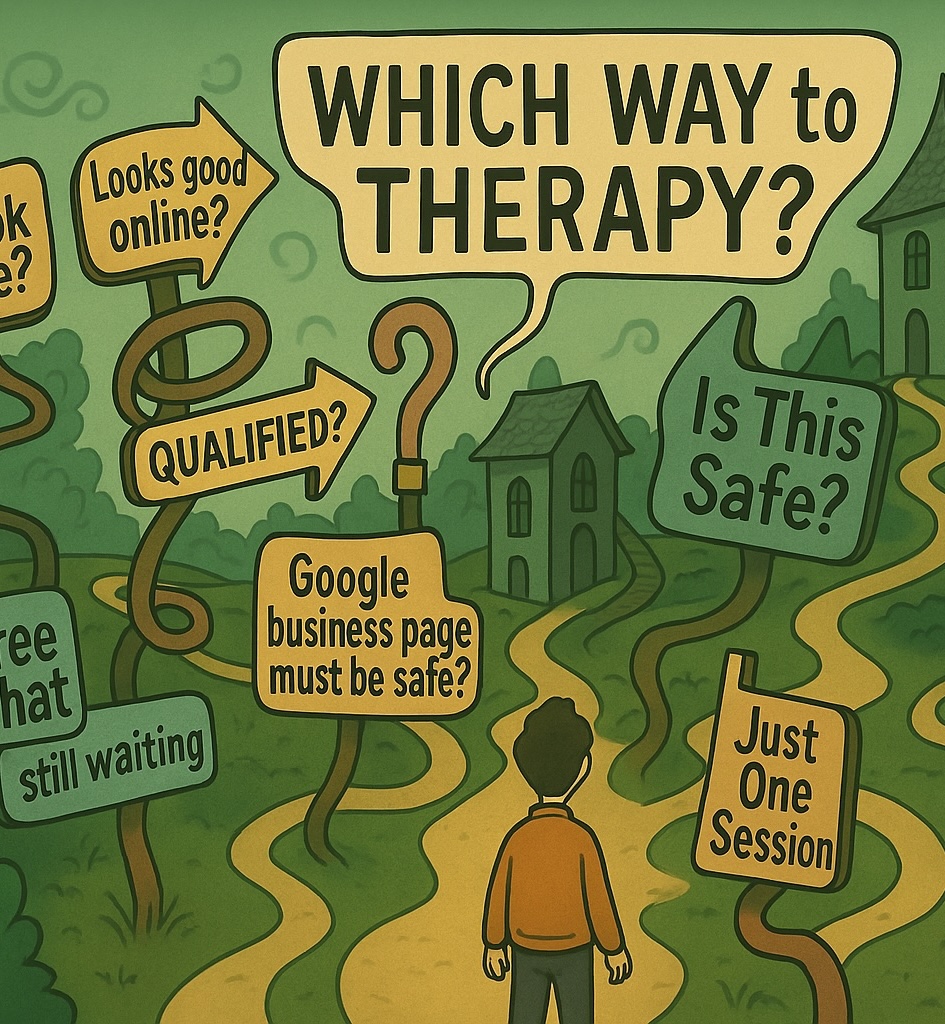Some of my recent articles:

How many times have you heard the word "stress" this week or even just today? We talk about it so often, it almost becomes background noise - “I'm just stressed. ” or ”This week has been stressful
... click here to read moreHow many times have you heard the word "stress" this week or even just today? We talk about it so often, it almost becomes background noise - “I'm just stressed. ” or ”This week has been stressful
... click here to read more
“I just want to be happy”
“I just want to be happy. ” This phrase comes again and again in my work and in my personal life. Of course it does
... click here to read more“I just want to be happy”
“I just want to be happy. ” This phrase comes again and again in my work and in my personal life. Of course it does
... click here to read more
If You’re Starting Here…
If you’ve read this earlier post about the space between self-help and therapy, this might be the natural next step. And if this is your first time here - welcome.
... click here to read moreIf You’re Starting Here…
If you’ve read this earlier post about the space between self-help and therapy, this might be the natural next step. And if this is your first time here - welcome.
... click here to read moreor check out some of my other articles:
Exploring the space between self-help and therapy. : How to know when it’s time for more support.
Let’s Start with Love : The Bond That Grounds and Uplifts Us
Flipping the Poem, Flipping the Script : Reclaiming the Inner Voice Beyond the Inner Critic
Why Valentine? : Because Love isn’t just for couples
Merry and Messy : The Holiday Survival Guide to Pressure, Peace, and Everything in Between





